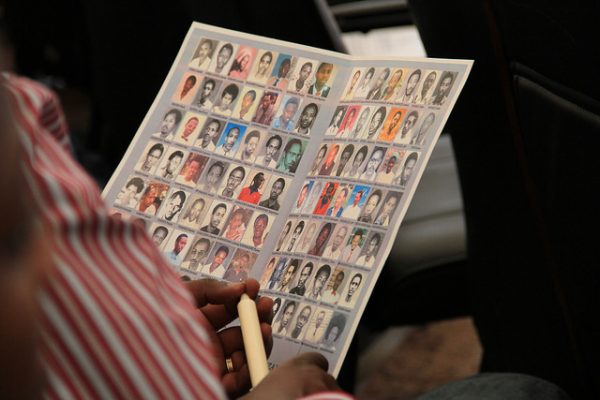
The effects of violent conflict are difficult to measure, from refugee displacement to PTSD or other mental health concerns. Humanitarian advocates may look at refugee displacement while psychologists examine PTSD or other mental health concerns. Though sociological insights often remain overlooked, a number of scholars have made essential contributions in understanding the long-term effects of violent conflict. Their work illustrates how conflict can have social and relational effects, and their findings may help to prevent future violence or perpetuate tension for generations to come.
In the context of conflict, the word “trauma” often refers to psychological effects for an individual who has experienced violence. However, sociology allows for a look into the social consequences of violence. Coined by Jeffrey Alexander, “cultural trauma” describes the irrevocable impact of violence upon a group which was subjected to atrocities, influencing understandings of identity far past the conflict itself. The violence experienced by subjugated groups like African Americans and Jews, for example, becomes a key part of how members of these groups understand their identity in the present.
- Jeffrey C. Alexander. 2012. Trauma: A Social Theory. Cambridge, U.K.: Polity Press.
Cultural trauma does not always occur following a violent event. An event must first become widely understood and accepted as a violation, and this generally occurs with the help of institutions, like the law, education, or the media. Some injustices, like violence against native populations in the Americas, are still not fully accepted as persecution. Powerful institutions may seek to limit a group’s capacity to identify as victims, like educational structures that don’t teach the persecution of Native Americans to students. Conversely, those who experienced the violence (or their ancestors) can use institutions to try and reframe this narrative.
- Jeffrey C. Alexander, Ron Eyerman, Bernhard Giesen, Neil J. Smelser, and Piotr Sztompka. 2004. Cultural Trauma and Collective Identity. Berkeley, CA: University of California Press.
- Hannah Arendt. 2005. Responsibility and Judgement, New York City, NY: Schocken.
Over time, understandings of past violence can change. Commemorative events can pass on memories from atrocities, but often shift in content over time as new individuals take over elements of the commemorative process. Narratives may also shift to reflect contemporary understandings of violence or identity. For example, recognition of Native American genocide — and subsequent declarations of Indigenous People’s Day on Columbus Day — captures a shift in attitudes about past violence.
- Jeffrey Olick. 1999. “Genre Memories and Memory Genres: A Dialogical Analysis of May 8, 1945 Commemorations in the Federal Republic of Germany.” American Sociological Review 64: 381-402.
- Alejandro Baer. 2011. “The Voids of Sepharad: The Memory of the Holocaust in Spain.” Journal of Spanish Cultural Studies 12(1): 95–120.

Comments